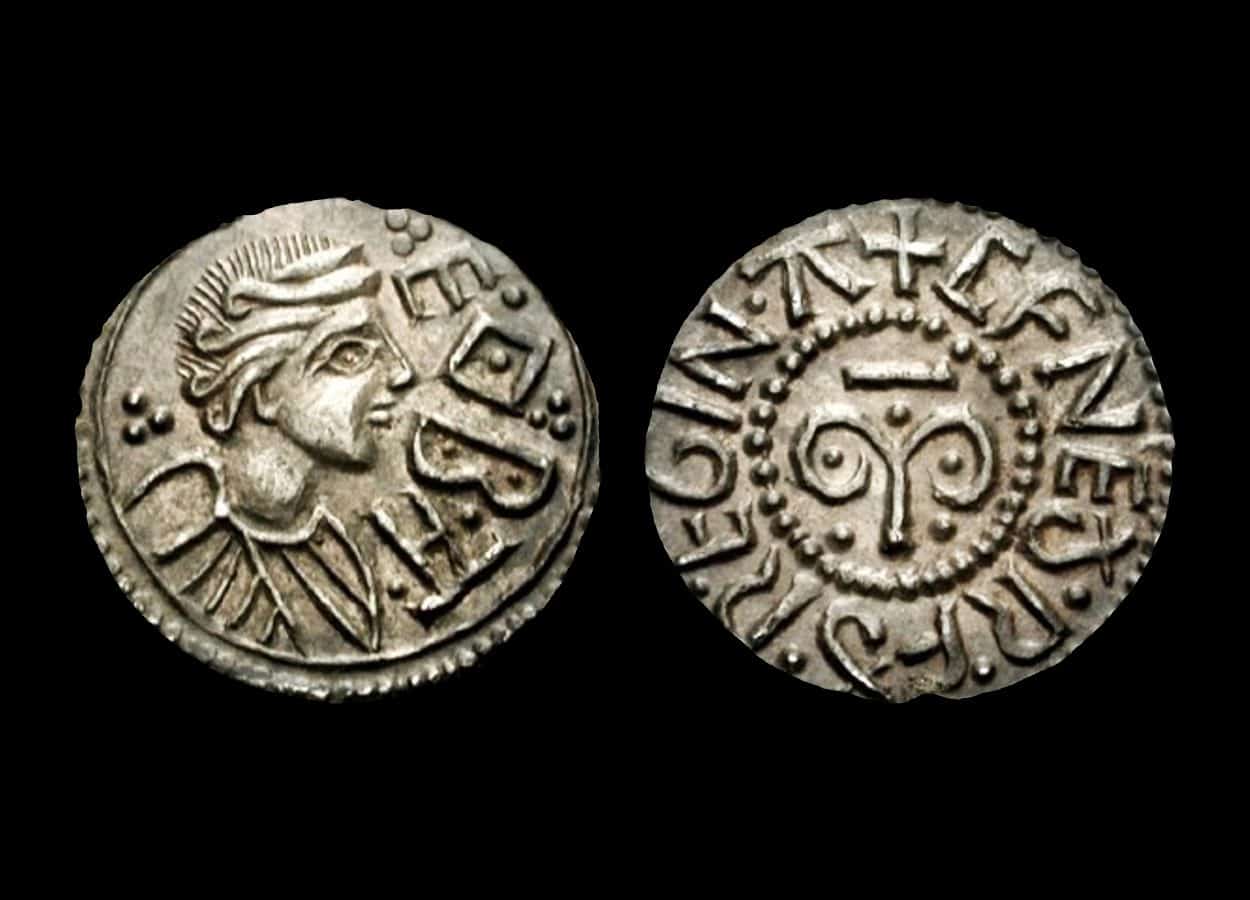Archaeologists from the University of Reading have started a project to search for clues about Cynethryth, one of Britain’s most powerful Anglo-Saxon queens during the 8th century AD.
Cynethryth was a Queen of Mercia, wife of King Offa and mother of King Ecgfrith. She is the only Anglo-Saxon queen consort whose name was minted on coinage (possibly to emulate the Byzantine Empress Irene) and was even associated with her husband in the charters.
After Offa’s death in AD 796, Cynethryth took religious vows and became abbess of a monastery at Cookham, near Maidenhead, England. In August 2021, archaeologists, headed by Gabor Thomas from the University of Reading announced the discovery of the monastery in the grounds of the Holy Trinity Church.
A network of over twenty monasteries was established along the route of the Thames from its source to its mouth in the Anglo-Saxon period, but barely any of the sites on this ‘monastic superhighway’ have been subject to archaeological investigation.
As part of a three-year excavation, the team plan to conduct an extensive study of the monastery in the hope of finding evidence of the lost queen. The team also hope to unearth more of the layout of the monastic buildings and items that offer clues about the daily life of the people who lived there.
Dr Gabor Thomas from the University of Reading said: “This once-powerful monastery has lay hidden for centuries, which makes it an excellent prospect for discoveries that would provide clues about Anglo-Saxon life in a relatively unexplored region of England.
“This will be a valuable opportunity to open a window into a crucial period of English history, as well as giving the archaeologists of tomorrow a chance to practise their skills, and potentially play a leading role in one of Britain’s most exciting current archaeological digs.”





